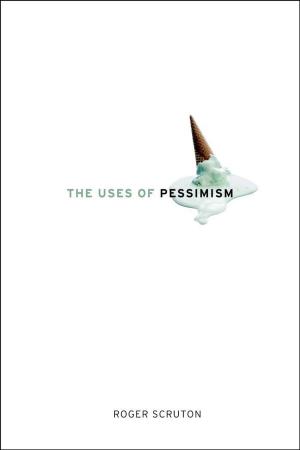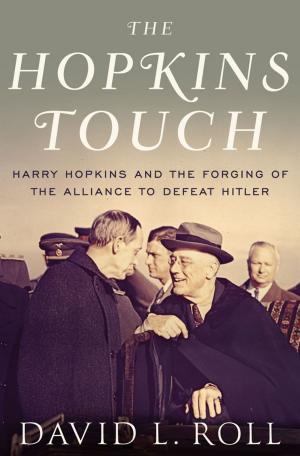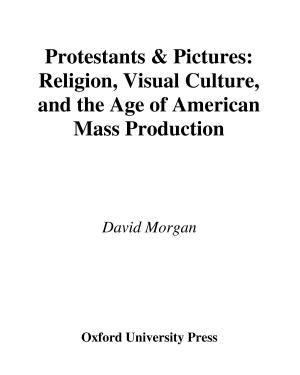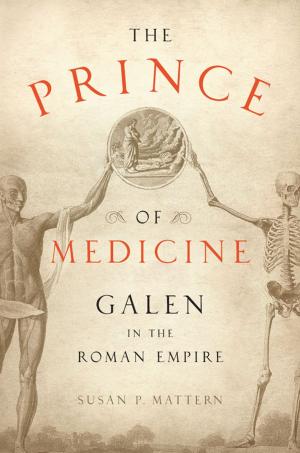| Author: | Daniel Todman | ISBN: | 9780190621827 |
| Publisher: | Oxford University Press | Publication: | August 5, 2016 |
| Imprint: | Oxford University Press | Language: | English |
| Author: | Daniel Todman |
| ISBN: | 9780190621827 |
| Publisher: | Oxford University Press |
| Publication: | August 5, 2016 |
| Imprint: | Oxford University Press |
| Language: | English |
Great Britain's refusal to yield to Nazi Germany in the Second World War remains one of the greatest survival stories of modern times. Commemorated, evoked, and mythologized as it has been-chiseled and engraved onto countless monuments, the subject of an endless stream of books and films-its triumphant outcome was by no means predetermined. In December 1940, months after war was declared, the director of plans at the War Office in London was asked to draft a paper on how to win the war. He replied that he could only plan "for not losing." Britain's War: Into Battle, 1937-1941 is the first of two volumes in which Daniel Todman offers a brilliantly fresh retelling, an epic history to fit an epic story. "Opening with his discovery of some war medals sitting in a hearing-aid box that likely belonged to his grandfather, Todman realizes that despite it all a new generation seems unaware of what was truly at stake when Churchill invoked Britain's "finest hour." The war was far greater than any single heroic hour. For six years, Britain was at the dark heart of history, finding its way forward hour by hour, day by day, year by year. This volume spans the beginning and the end of the beginning, from the massive changes required to get the country onto a war footing, through the failure of appeasement, the invasion of Poland, the "phony war," the fall of France, the "miracle" of Dunkirk, the Battles of Britain, and the Blitz, ending with America's course-changing entrance into the conflict in late 1941. Todman's colossal project seamlessly merges economic, strategic, social, cultural, and military history in one compelling narrative. Rapid industrialization, social disruption, food rationing, Westminster politics, class snobbery, and the mobilization of a global empire are woven together with the major opening battles. Here, also, are key individuals-the politicians, industrialists, pub owners, housewives, the pilots of the RAF, and the sailors at Dunkirk-caught in the maelstrom that threatened to engulf not just a small island nation but the world itself.
Great Britain's refusal to yield to Nazi Germany in the Second World War remains one of the greatest survival stories of modern times. Commemorated, evoked, and mythologized as it has been-chiseled and engraved onto countless monuments, the subject of an endless stream of books and films-its triumphant outcome was by no means predetermined. In December 1940, months after war was declared, the director of plans at the War Office in London was asked to draft a paper on how to win the war. He replied that he could only plan "for not losing." Britain's War: Into Battle, 1937-1941 is the first of two volumes in which Daniel Todman offers a brilliantly fresh retelling, an epic history to fit an epic story. "Opening with his discovery of some war medals sitting in a hearing-aid box that likely belonged to his grandfather, Todman realizes that despite it all a new generation seems unaware of what was truly at stake when Churchill invoked Britain's "finest hour." The war was far greater than any single heroic hour. For six years, Britain was at the dark heart of history, finding its way forward hour by hour, day by day, year by year. This volume spans the beginning and the end of the beginning, from the massive changes required to get the country onto a war footing, through the failure of appeasement, the invasion of Poland, the "phony war," the fall of France, the "miracle" of Dunkirk, the Battles of Britain, and the Blitz, ending with America's course-changing entrance into the conflict in late 1941. Todman's colossal project seamlessly merges economic, strategic, social, cultural, and military history in one compelling narrative. Rapid industrialization, social disruption, food rationing, Westminster politics, class snobbery, and the mobilization of a global empire are woven together with the major opening battles. Here, also, are key individuals-the politicians, industrialists, pub owners, housewives, the pilots of the RAF, and the sailors at Dunkirk-caught in the maelstrom that threatened to engulf not just a small island nation but the world itself.















